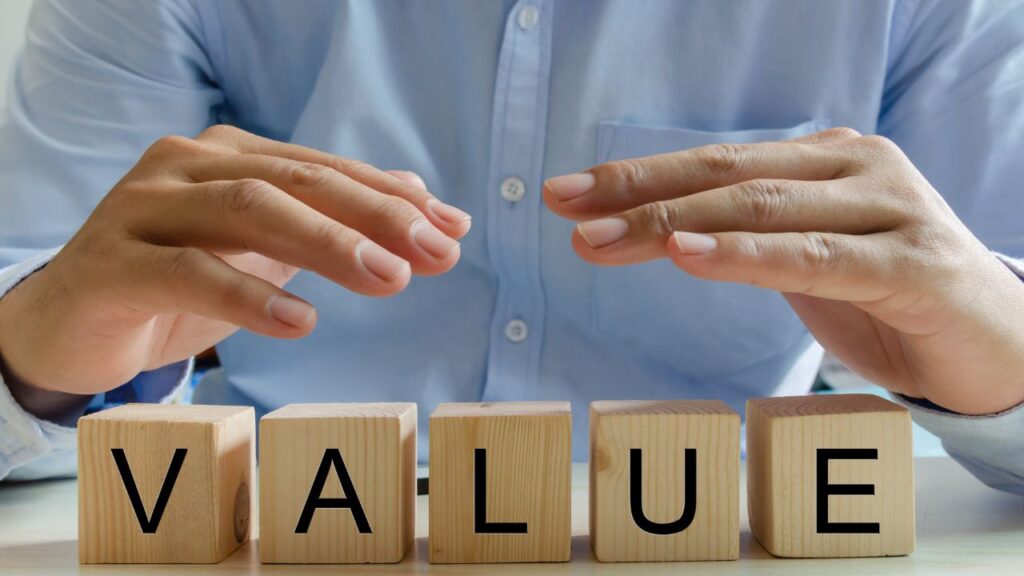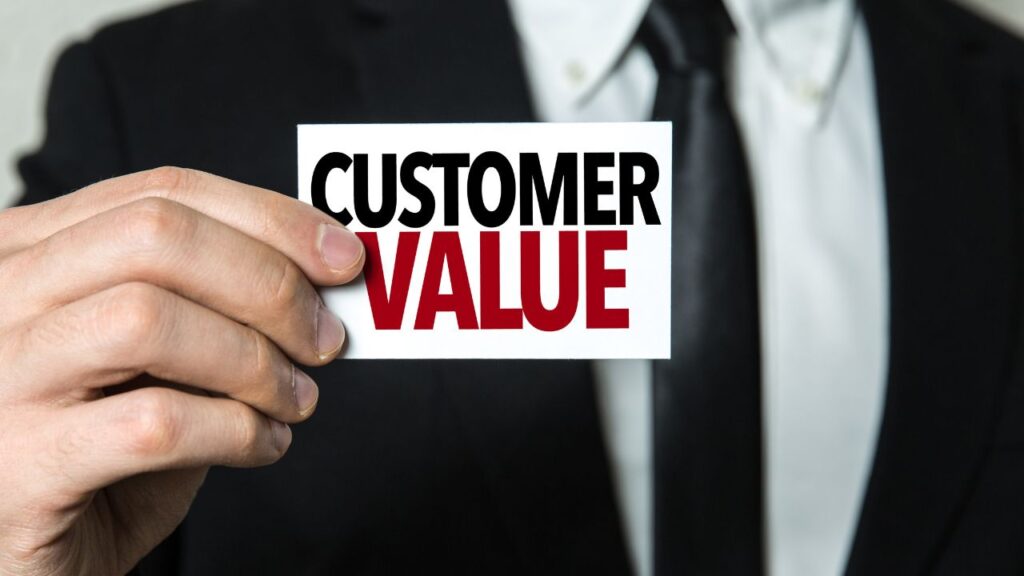When shipping international shipments, a crucial concept to determine is customs valuation. The declared value is a critical factor in the entire customs duty assessment and import process. Over-declared values lead to unnecessary costs, and under-declared values can lead to substantial fines and legal actions.
Click this page to learn What is customs duty & how to calculate it?
This guide explores the basic concepts of declared value for shipping parcels.
What Is the Declared Value?

In case you didn’t know yet, the declared value of a shipment is what the shipper says the shipment’s properties are worth. This has two purposes: getting better shipping value for couriers and ensuring the speed of the customs clearance process.
Regarding customs clearance, that value is allocated to imported goods by the shipper of records. That calculates how much import tax or duty must be levied on the shipment. Thus, it is essential to get that right to prevent paying too much.
What Is the Customs Value?

Customs value means the total value of the merchandise being imported into a country. Import duty for customs clearance of shipments is determined based on customs value.
For example, if the shipment has ten items and the value of every item is $20, the customs value of the goods will be $200.
Does the customs value include the shipping cost?
When you declare the value of the shipment on the customs form, you can utilize the auction closing price of the item, not including the shipping and handling costs. Do not declare what you originally paid for the item or what you think it is worth.
Can the customs value be zero?
Every country's World Trade Organization and Customs need a specific shipment valuation. No country accepts a zero-dollar value. The minimum value that could be declared is $1.
How Can I Determine Customs Value?

To calculate customs value, the customs authorities normally utilize the transaction value method to determine the commercial invoice value or invoice price for customs. Nonetheless, the transaction value method isn’t enough. Customs valuation is determined through other methods.
Computed value method
This is a hard and rarely utilized method. The customs value is computed based on the production cost of the goods being valued. That involves the general expenses and profit reflected in the sales of classified goods.
The profit amount and general cost price, like water, legal fees, electricity, rent, etc., should be taken in general. Loading, unloading, transport, cost of insurance, and handling costs linked with transporting the items to the place of import typically fall under the “other expenses.”
Deductive value method
The deductive method is utilized when the customs value can’t be determined via the transaction value of the imported properties or similar items. That involves identifying the unit cost at which the imported goods are sold to a dissimilar buyer in the highest aggregate quantity in a similar country of importation.
The greatest aggregate quantity is equivalent to the price at which most units are sold: first at the commercial level after importation and to unrelated buyers.
Residual value method
The residential method does not determine particular requirements for identifying customs value. As an alternative, the value is according to one of the other methods and includes little adjustment. Also, the value should be fair market and integrate commercial value.
In this method, the final value can be affected by the following elements:
· Goods that aren’t sold in the country and used goods
· Allowable traditions or deductions to the goods’ value
· A condition where the goods were given to the consignee without charge
· The relations between the parties involved, a related seller and buyer
The transaction value of imported goods method
The transaction value method is listed in the Customs Valuation Agreement. The transaction value is the real price paid or payable for the items sold for export. The customs valuation is normally utilized based on the actual price of the imported shipments, which is also replicated on the commercial invoice.
What is the Purpose of Customs Valuation?

For most reasons, it is essential to have a standard set of rules for creating the total customs value of goods. For beginners, it helps determine the amount of import duty the item recipient should pay against the goods.
The customs duties and the value-added tax are considered a fraction of the value of goods. Therefore, the customs authorities must strongly comprehend how to do specific tasks.
Making a precise measuring standard, which is agreed upon, is essential for the following purposes:
· Proper collection of import duties and taxes
· Export and import statistics
· Commercial and economic policy analysis
· Application of commercial policy measures
Methods that People Scam Customs and Avoid Paying Import Taxes.

Remember that customs duties are governmental taxes. Keep in mind that not paying them is committing fraud. Below are some of the strategies people utilize to fabricate customs declarations:
Undervaluing customs declaration
The customs duties are considered a proportion of the shipments’ value. Declaring an improper value that is not actual price paid in the customs declaration is a typical practice to pay fewer import taxes.
Declare different items
You will find numerous goods are restricted or prohibited. Others do not declare such items on the shipping documents(commercial invoice), so they could still send them. Similar items generated using various prime matters may be subject to different clearance procedures.
Reporting a false or different HS code or description of the goods, different duty fees might be applied, enabling the receiver to pay fewer import taxes.
Mark the item as a gift
There are instances when two private individuals send each other a small gift for a particular value. The customs authorities won’t charge any fee. Thus, oftentimes, the seller might mark their sold items as gifts to trick the customs and prevent the payment of import duties and taxes for their clients.
The Consequences of Declaring Fake Customs Value
The customs authorities thoroughly check imported items after entering a specific nation. These professionals are allowed to open any suspect parcel to prevent counterfeit, dangerous, or illegal from entering the county or even stop tax evasion.
If they suspect that the shipment has the wrong customs declared value or the item’s type or quantity doesn’t correspond to the declared information, they will immediately call you and request proof of value for the goods in the shipment and even for conformity and certificates of origin to guarantee the HS code isn’t falsified.
Depending on the circumstance, breaking the law when importing goods can result in various penalties and consequences for falsifying the customs form.
· Your package will be confiscated
· You’ll get a penalty for tax evasion
· The real customs duty will be computed on the real value, and you’ll be asked to pay that money
· Insurance will cover the declared value
Click here to learn how long customs can hold my package.
The key reason behind people trying to fake declared value to customs is to pay fewer import taxes or not pay customs duties at all.
Considering the higher number of packages, which are sent each day from and to a single country, it’s difficult for the customs office personnel to check each parcel.
Conclusion
Remember that declared value can provide peace of mind when shipping valuable items. We know that shipping can be hard on packages, but improper handling could also cause damage or loss to your shipment.
In those scenarios, you must at least get some of the value returned to you to pay for the loss throughout shipping.
Need help checking the exact customs value and declared value for your shipments? Contact us to get a reply within 5mins now.

